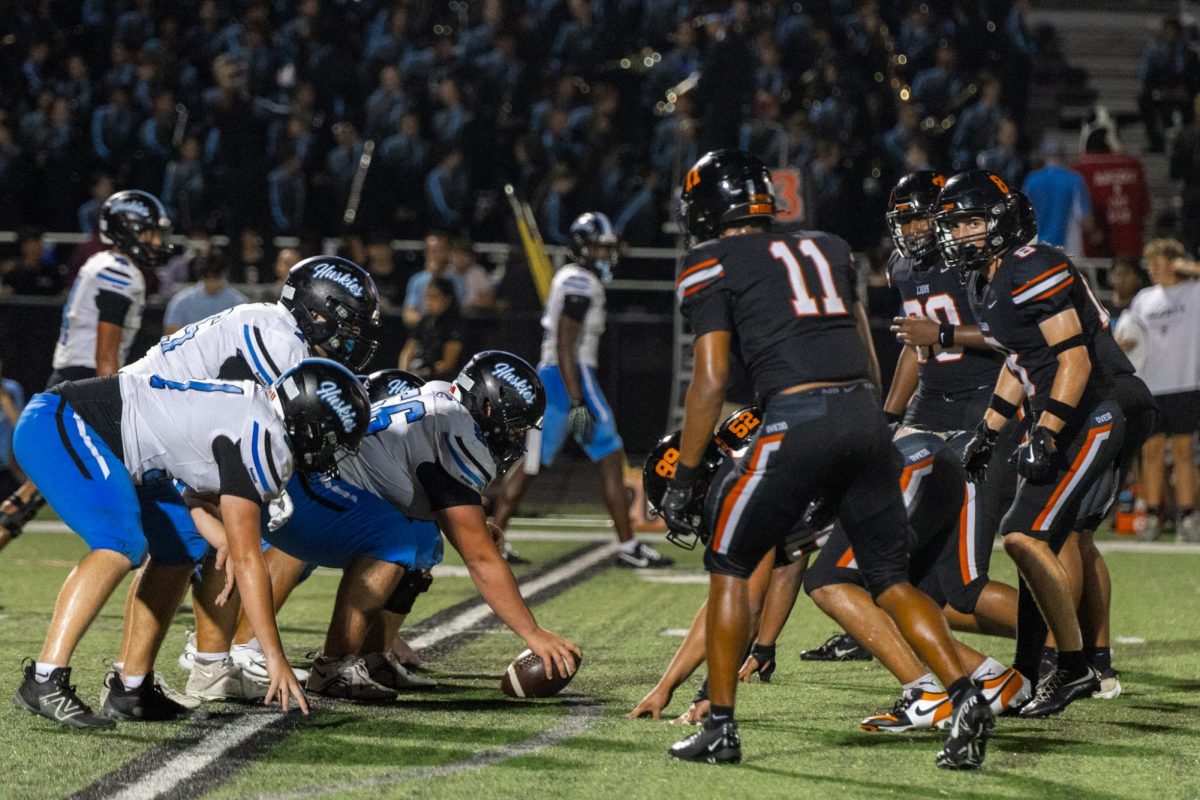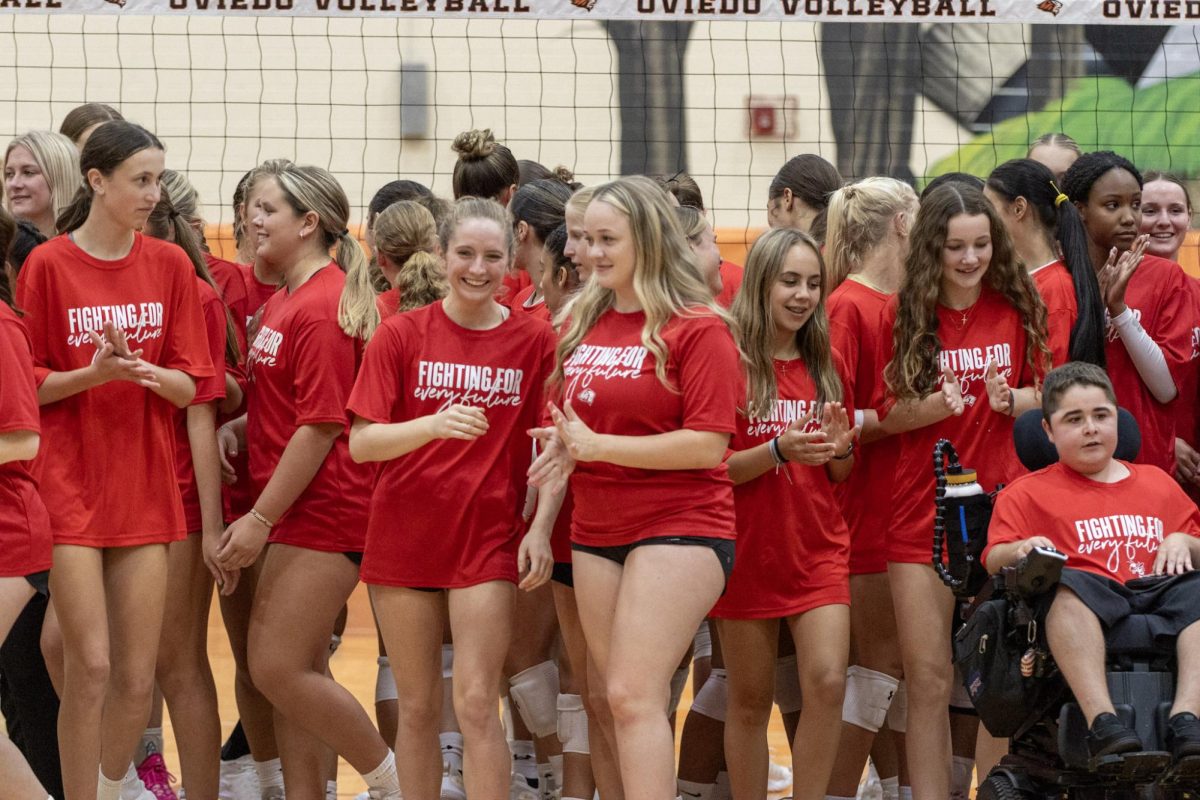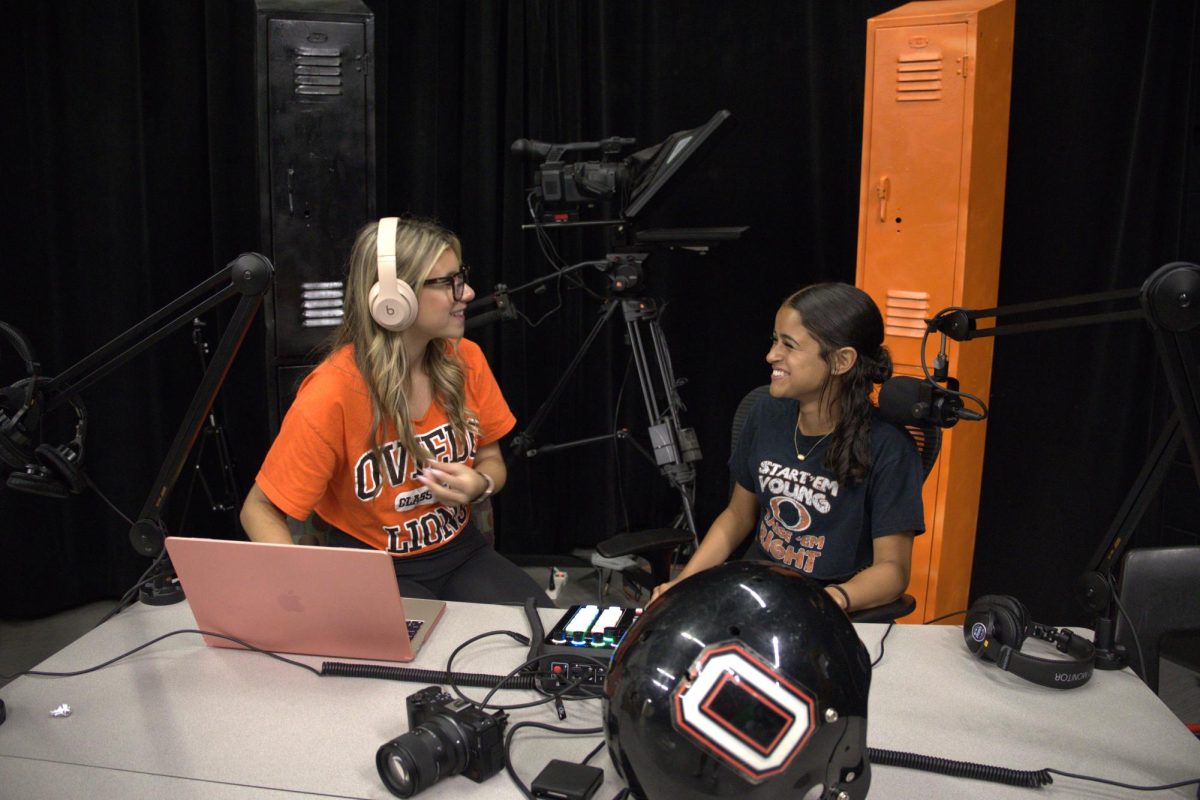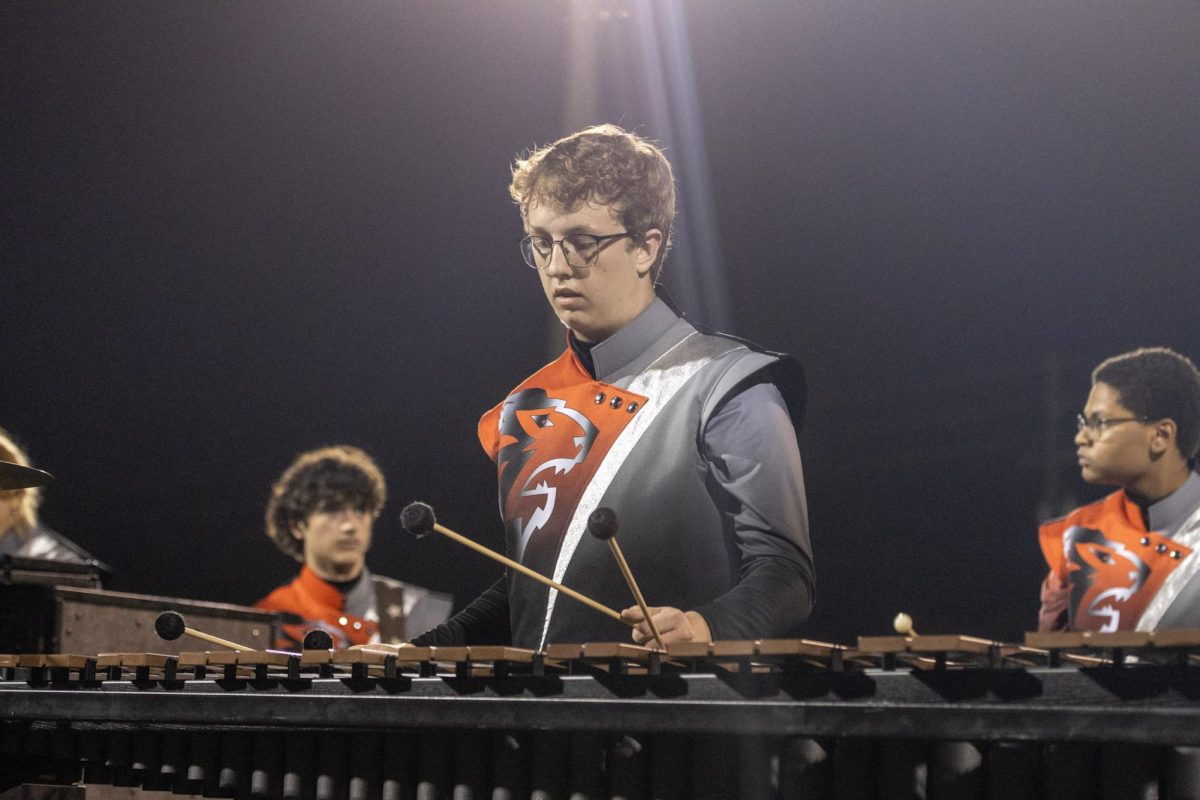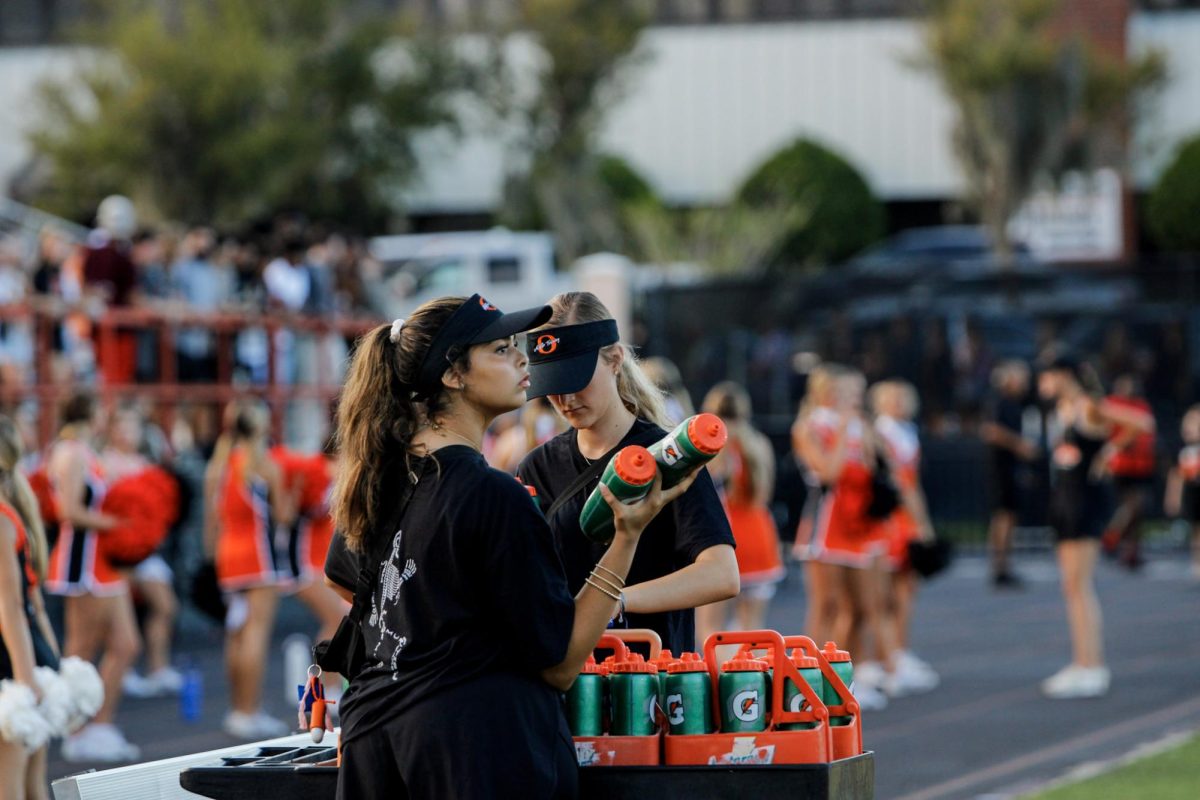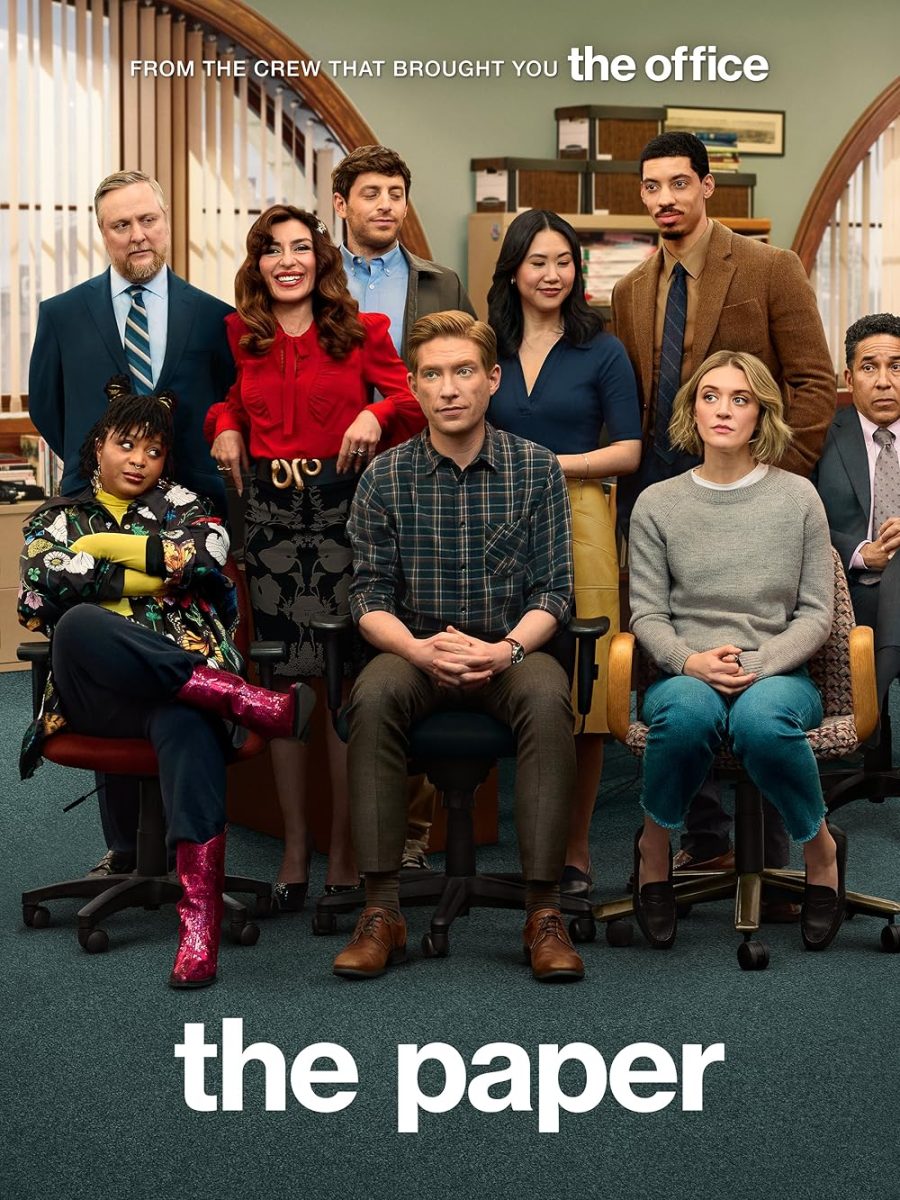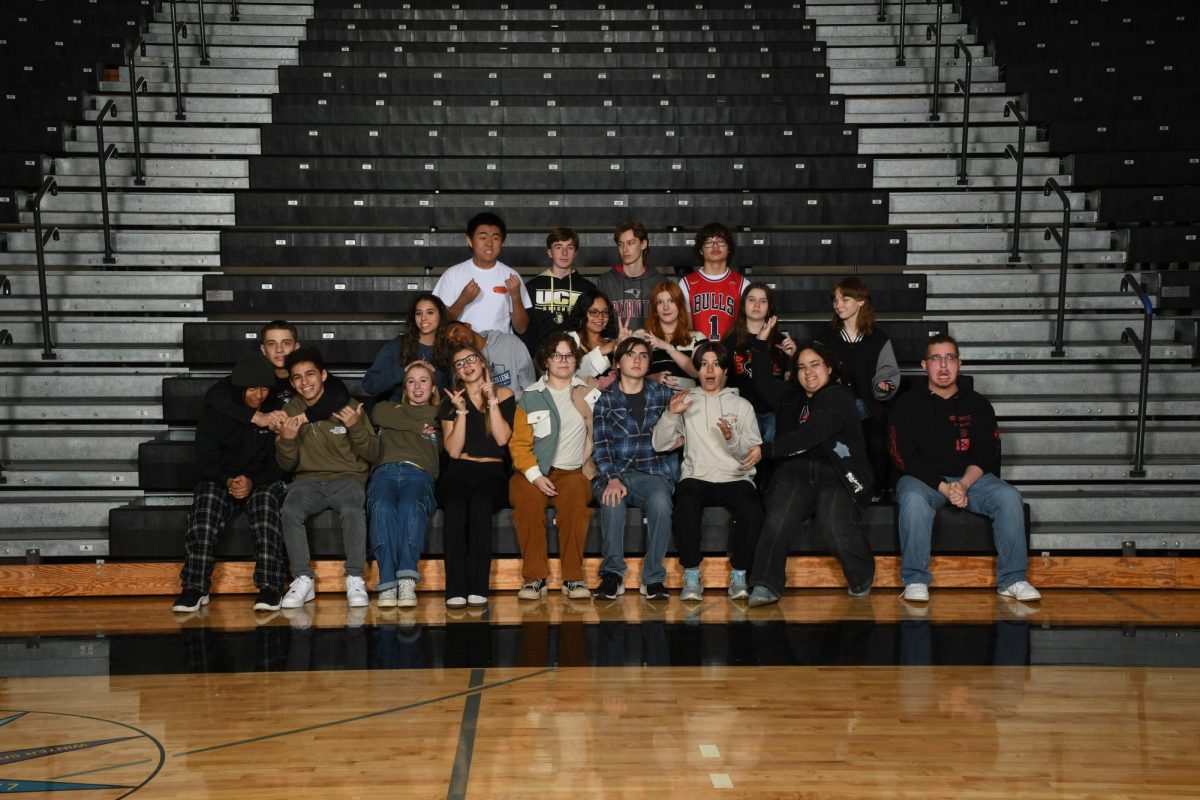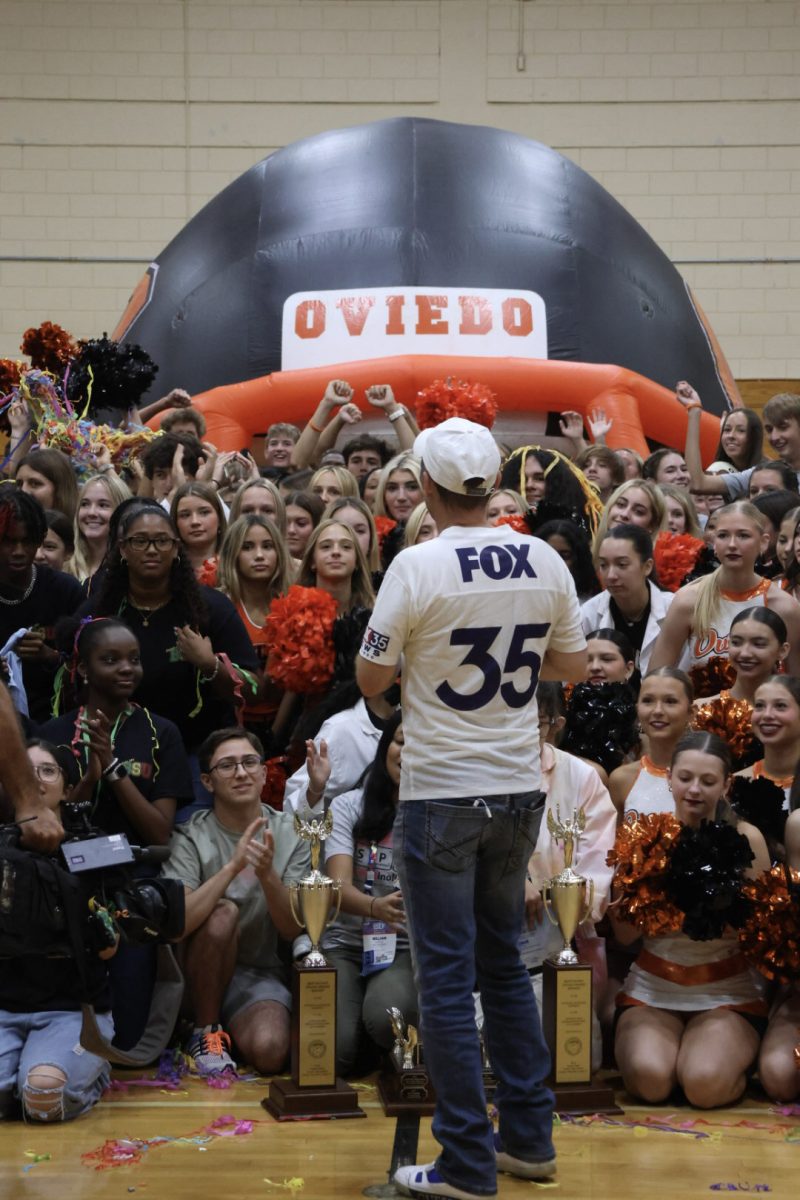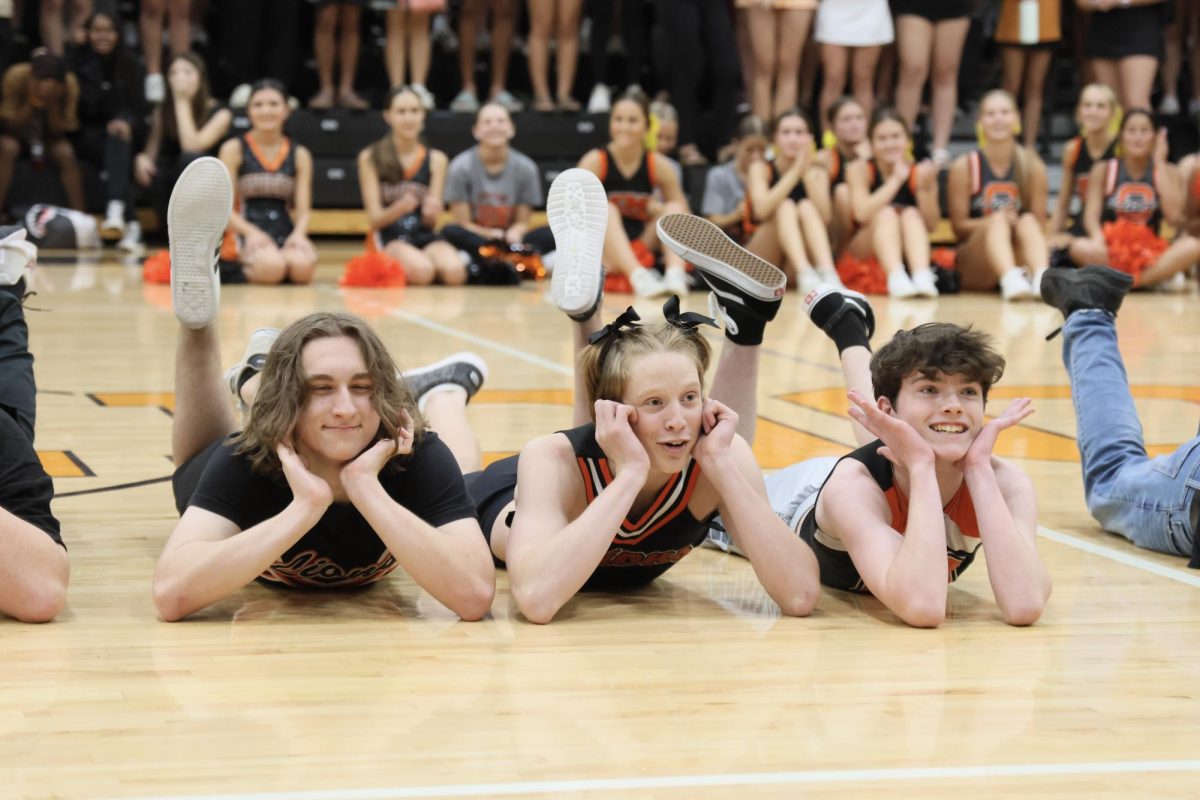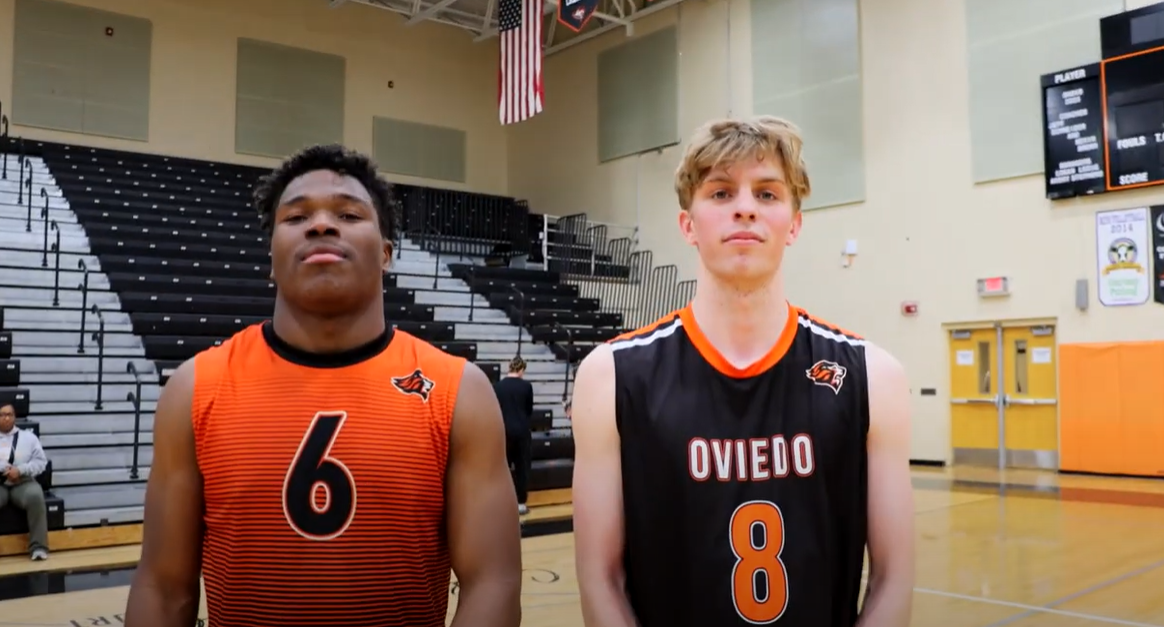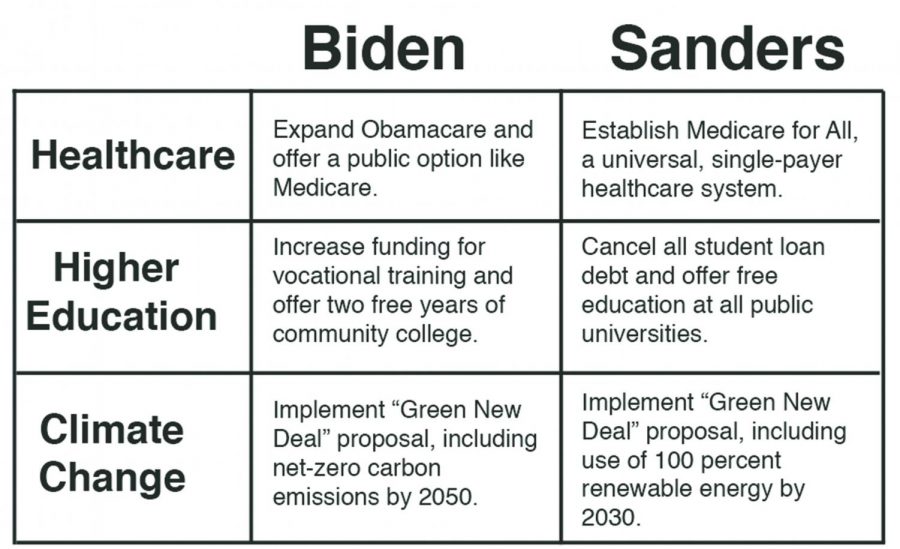Young voters key to Democratic primary
WEB EXCLUSIVE
Hundreds of thousands of Floridians will stream to the polls on March 17 for the state’s presidential primaries. Among them will be many young, first-time voters, including students from Oviedo High School.
On Jan. 22, juniors and seniors at OHS filed into the auditorium to attend a voter registration session, taking the first step toward fulfilling one of their most important civic duties. The event, hosted by the Seminole County Supervisor of Elections in conjunction with OHS, continued throughout the day as students gathered with their history classes to register to vote, or to pre-register for those under the age of 18. The Supervisor of Elections, Chris Anderson, discussed the importance of voting and aided students in filling out the Florida Voter Registration Application. Also present was Oviedo City Council Member Jeff Chudnow, who fielded questions about local issues such as proposed developments in rural areas.
Students like junior Kade Faircloth, who pre-registered at the event, found it to be beneficial.
“It helped because I don’t have to worry about it when I get closer to turning 18,” Faircloth said. “Everyone I talk to around school has their political beliefs, and to have access to register at school lets people express those opinions as soon as possible through their vote.”
Young voters play a crucial role in the road to the nomination for at least one Democratic presidential candidate. Senator Bernie Sanders has emerged as the frontrunner for the party’s nomination after winning the popular vote in the first three state contests- held in Iowa, New Hampshire and Nevada- including a resounding victory in the Feb. 22 Nevada caucuses. Sanders became the first candidate from either major party to win the popular vote in all three of the earliest states in a competitive primary.
Beginning with his 2016 candidacy for president, Sanders has attracted young voters with his progressive policies and criticism of economic inequality. Despite losing the nomination to Hillary Clinton, Sanders dominated among college age voters in that primary. With greater national recognition, the Vermont senator has continued this trend in 2020, so far winning roughly half of the 18-29 age demographic, according to entrance and exit polls, despite facing at least five serious competitors.
However, not everyone is “feeling the Bern” just yet. Critics of Sanders, who identifies as a democratic socialist, have denounced some of his more ambitious policy proposals, such as universal single-payer healthcare and cancellation of all student loan debt, as economically infeasible. His opponents have pointed to the recent failings of socialist states like Venezuela, and questioned his past praise for controversial leftist regimes in Latin America and the Soviet Union.
“[Sanders should] not adopt socialism and promise things that cannot be delivered,” said junior James Smith*. “If you look at any socialist country the result of wealth redistribution places more in economic turmoil.”
While Sanders has seen success early in the calendar, he still faces significant challenges on his path to the nomination. In the moderate lane, former Vice President Joe Biden is gaining momentum after handily winning the Feb. 29 South Carolina primary despite disappointing performances in Iowa and New Hampshire. He should also gain votes from the supporters of Senator Amy Klobuchar and former South Bend Mayor Pete Buttigieg, who both recently dropped out of the race and endorsed Biden. Billionaire Michael Bloomberg is an unknown quantity, not having actively campaigned in any of the states to vote so far. He has spent an unprecedented $500 million on advertisements and is placing his hopes on “Super Tuesday,” March 3, when 14 states will vote. Florida, where Biden is leading the polls, will hold its primary two week later on March 17.
According to Smith, the candidates will need to keep the general election in mind.
“Most importantly, [they need to] stop criticizing Trump and offer true solutions to how [they] would regulate the economy,” Smith said. “And practice debating skills, because he will tear you to shreds on national television.”
*Student’s real name withheld upon request
Your donation will support the student journalists of Oviedo High School. Your contribution will allow us to purchase equipment and cover our annual website hosting and printing costs. Thank you!





